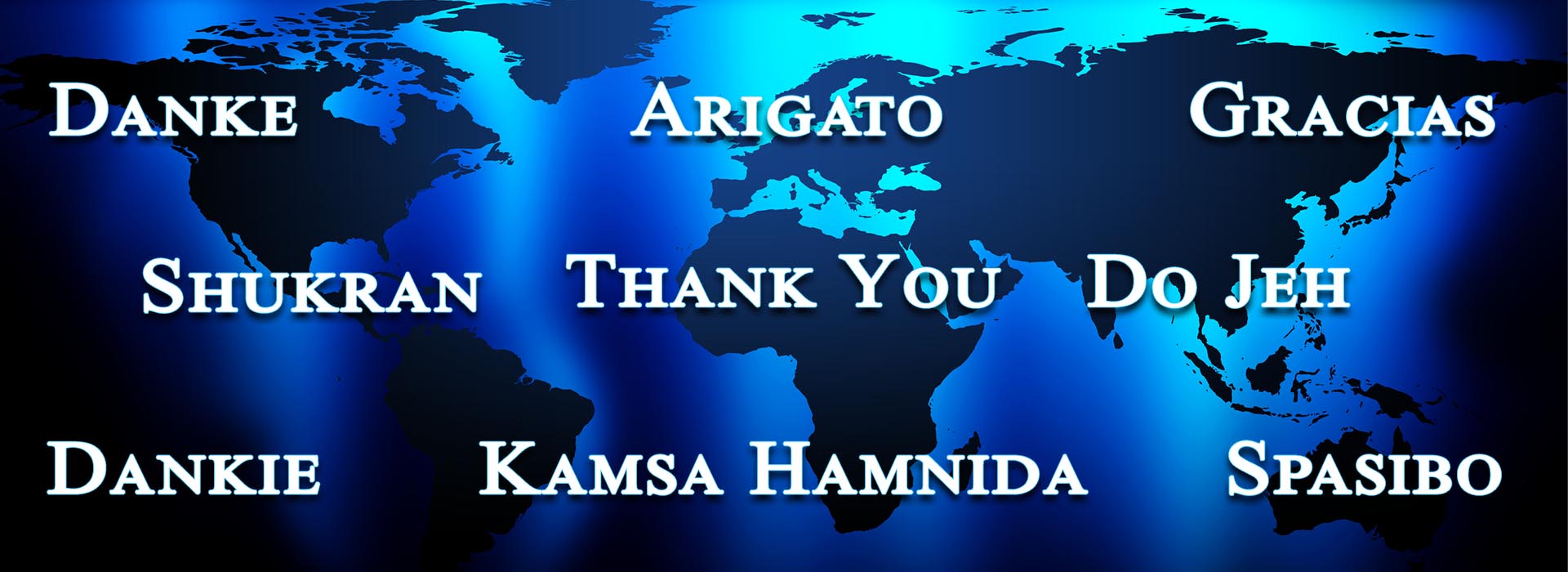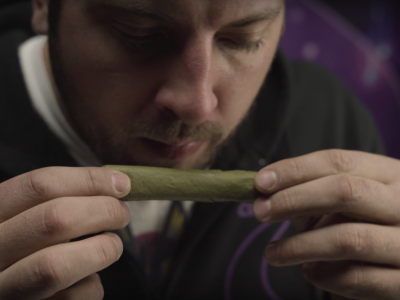
WHY IS SAYING THANKS SO IMPORTANT?
LEARN TO SAY THANKS IN 26 DIFFERENT LANGUAGES
According to positive psychologists, the words ‘thank you‘ are no longer just good manners, they are also beneficial to the self. When you make someone feel good, it also makes you feel good.
Studies have suggested that being grateful can improve well-being, physical health, can strengthen social relationships, produce positive emotional states and help us cope with stressful times in our lives. This is just what saying thank you can do for you, imagine how the person feels when you say thank you to them.
Another reason we say thank you is we want the other person to know we value them and what they have done for us. Saying thank you also is a good way to encourage the other person to help us in the future if we may need the help.
Saying thank you shows gratitude on the person who is being thanked. Does saying thank you motivate and, if so, is it just by making people feel good, or is it more than that?
How gratitude and saying thank you works
The idea that saying thank you can make people more likely to help in the future is unsurprising. Saying thank you to people has been shown to have a 100% increase in a reoccurring positive situation, although the 100% increase is interesting, what the researchers were interested in was why this happens.
Experimenters found that people weren’t providing more help because they felt better or it boosted their self-esteem by being told thank you, but because they appreciated being needed and felt more socially valued when they’d been told thank you.
This feeling of social worth helps people get over factors that stop us from helping. We are often unsure our help is really wanted and we know that accepting help from others can feel like a failure. The act of saying thank you reassures the helper that their help is valued and motivates them to provide more.
Thank you!
For most of us, expressing our thanks is an everyday occurrence, we tend to think nothing of it. But psychologically it has a very important role to play for both the person giving and the person receiving.
One thing we love is that there thank you is in every langue. Here are 26 ways to say thank you!
| Afrikaans | dankie | dahn-kee | |
| Arabic | shukran | shoe-krahn | |
| Australian English | ta (informal) | ||
| Chinese, Cantonese | do jeh | daw-dyeh | |
| Chinese, Mandarin | xie xie | syeh-syeh | |
| Czech | dêkuji | deh-ku-yih | |
| Danish | tak | tahg | |
| Finnish | kiitos | kee-toas | |
| French | merci | mehr-see | |
| German | danke | dahn-kah | |
| Greek | efharisto | ef-har-rih-stowe | |
| Hebrew | toda | toh-dah | |
| Hindi, Hindustani | sukria | shoo-kree-a | |
| Indonesian/Malayan | terima kasih | t’ree-ma kas-seh | |
| Italian | grazie | gra-see | |
| Japanese | arigato | ahree-gah-tow | |
| Korean | kamsa hamnida |
kahm-sah=ham-nee-da
|
|
| Norwegian | takk | tahk | |
| Philippines (Tagalog) | salamat po |
sah-lah-maht poh
|
|
| Polish | dziekuje | dsyen-koo-yeh | |
| Portuguese | obrigado | oh-bree-gah-doh | |
| Russian | spasibo | spah-see-boh | |
| Spanish | gracias | gra-see-us | |
| Sri Lanka (Sinhak) | istutiy | isst-too-tee | |
| Swahili | asante | ah-sahn-teh | |
| Swedish | tack | tahkk | |
| Thai | kawp-kun krap/ka’ |
kowpkoom-krahp/khak
|
|
| Turkish | tesekkür ederim |
teh-sheh-kur=eh-deh-rim
|






